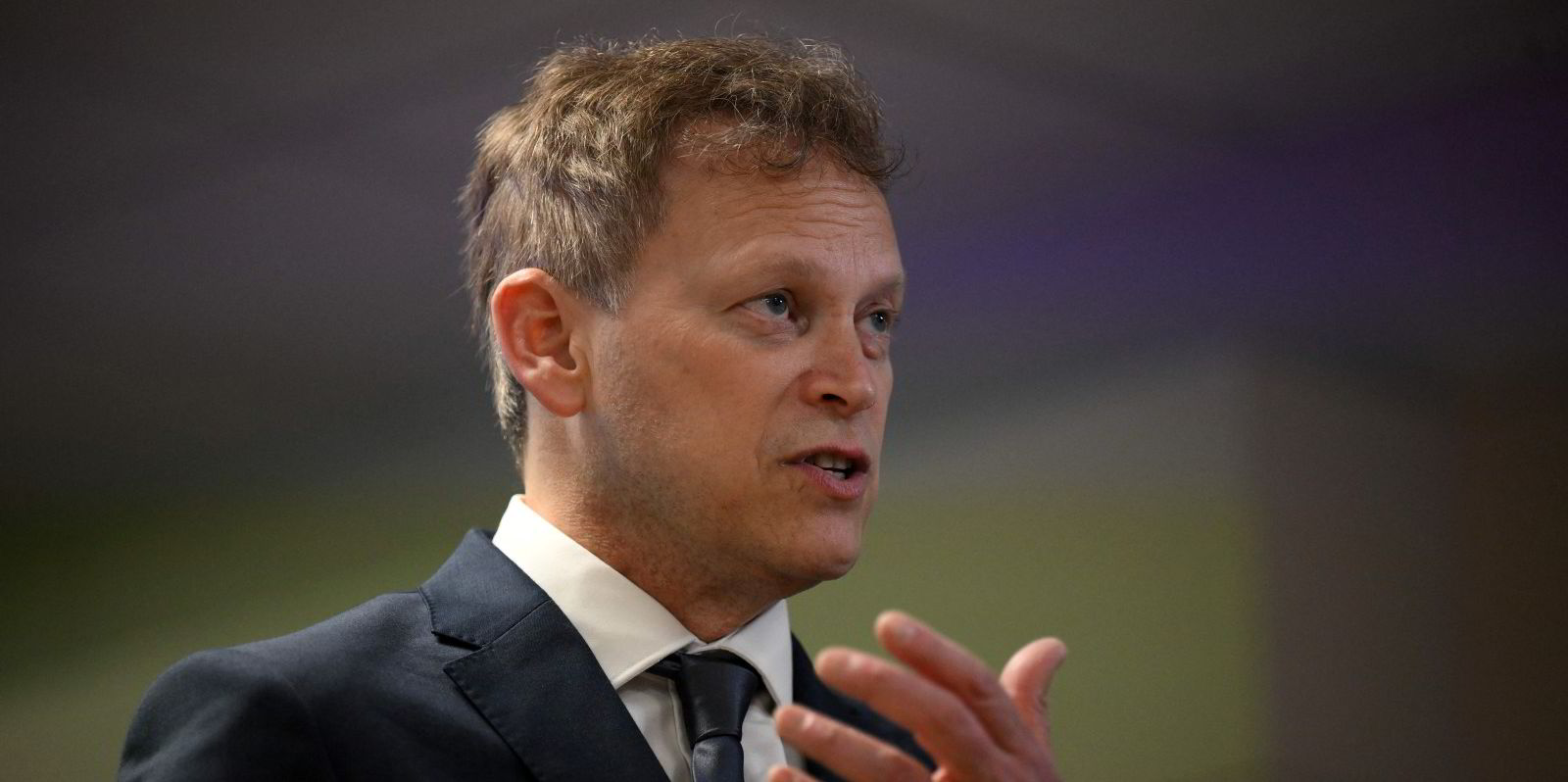The UK has announced plans to map out the carbon capture and storage (CCS) potential of its North Sea waters to help support the development of the sector.
The aim is to produce what the government described as the “most comprehensive picture yet of UK’s carbon capture and storage potential” for prospective investors and developers.
The project will require companies involved in North Sea drilling operations to report their findings to the North Sea Transition Authority (NTSA), the regulator, which will compile the data to produce a unique CCS mapping resource.
The regulator will have power to request and collect the drilling and survey data and samples from companies that already have carbon storage licences in place and are carrying out the surveying work.
The government is proposing the motion in the House of Commons on Tuesday as an amendment to the Energy Bill that was first introduced in July last year.
“By working with the brightest and best who are already out in the North Sea, we can grow our economy by building the treasure map needed to unlock the full potential of this geological goldmine,” Secretary of State for Energy Security & Net Zero Grant Shapps said.
Article continues below the advert
According to existing government estimates, underground storage sites beneath the seabed in UK waters could store up to 78 billion tonnes of carbon dioxide, between geological reservoirs and depleted oil and gas fields.
Through a more accurate mapping of resources, the government intends to “attract more companies” to the sector and “quantifying for investors how much carbon capture and storage could be possible”, it said.
NTSA chief executive Stuart Payne said the industry needs “a wealth of reliable information to select sites” suitable for carbon storage, adding that the regulator will “collect this vital data and share it with the industry as it leads the orderly transition and provides thousands of skilled jobs”.
The UK aims to spur the development of a homegrown CCS sector that will cater to the carbon management requirements of nearby countries as well, especially in northern Europe.
As part of its Carbon Capture, Usage & Storage (CCUS) Cluster Sequencing Process, the UK plans to deploy two CCUS clusters by 2025, and two more by 2030.
These clusters are CCS hubs where emissions from several industrial facilities in hard-to-abate sectors are captured and stored offshore.
In the Spring Budget, UK Chancellor of the Exchequer Jeremy Hunt allocated £20 billion ($25.3 billion) in state support for the CCS sector in the country — a sign of commitment that was saluted by the industry, after months of stalling during the height of the political crisis that shook the ruling Conservative Party last year.
At the end of March, the government announced the first wave of projects that will receive support for the first two clusters planned in northern England — the East Coast Cluster and the HyNet Cluster.

